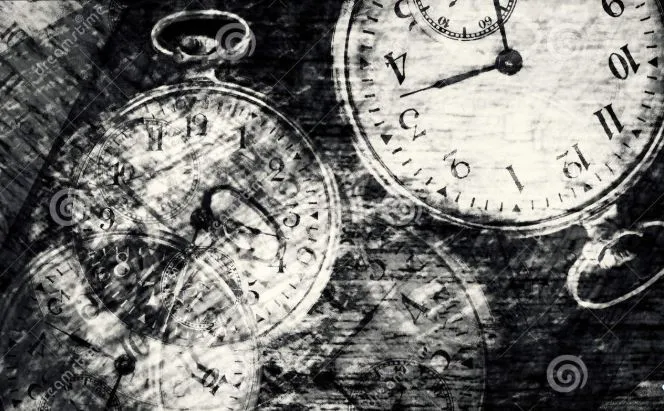
I started out writing in anger about today's Total Shutdown March, which I didn't attend - partly due to PhD deadlines and partly because I cannot bring myself to ask government for anything. The memorandum of demands is like reading 20 years of wasted effort on the part of very many women, including me.
But perhaps that is inevitable - nothing lasts, effort is forgotten and the prior covered over as if it never existed. My master's was an attempt to capture a history I'd been part of because no-one else seemed to remember it. My PhD is another a history and here again, there's much that's been forgotten. That's why Foucault's idea of archaeology appealed: unearthing and excavating the traces of ideas, how they rose to the surface, became enmeshed with other things, mutated, lost parts of their previous form and then became something else, still shadowed and traced in histories no-one can remember but which remain present in altered form. Genealogy is as attractive - what is this descended from? What family does it belong to? Who are its relatives? How do they combine? Where do we come from?
Here we stand, reinventing the past while preserving an imagined future. But what if one cannot see, or imagine a future? There's only a blur where the horizon and its promise ought to be? And life seems an interminable present? The details change but the fundamental framework remains the same. Perhaps that's why we invented past and future, to escape this knowledge and imagine that progress occurs. Chronological time that unfolds and never stands still - that surely exists. To think about a future requires some conception of change and possibility, the ability to imagine some other way of being, that things can be other as they are through your actions. It's the opposite of fatalism. Some of us go through life living out preordained fates, others make their fates. Both are religious views, underpinned by some sort conception of what life means, what its purpose is.